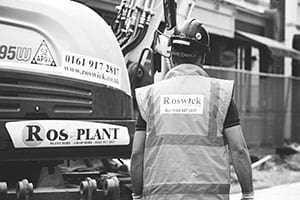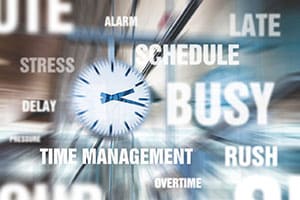With electric vehicles (EV) moving further and further up the agenda, fleet managers will need to make vital decisions on how, why and when to transition in the future. While some may say the move to an EV or even to a plug-in hybrid vehicle is inevitable, there are many things to consider when switching an entire fleet to being electric. The needs of each driver and vehicle will be different, so while some might be ready, others won’t be and managing this effectively will be crucial. Taking the plunge to electric can often be daunting but there is no reason to be apprehensive. As ever, research is key and BP offers some helpful advice to make sure you’re making the right decision for your fleet.
Range:
Range anxiety seems to be the biggest thing playing on drivers’ minds when considering the switch to an electric vehicle. While the charging network is growing and always being improved, particularly with infrastructure being put in place by the Polar Network, you should consider the effect charging time will have on your fleet especially if your drivers will be required to make long journeys. Drivers can easily plan ahead using mapping tools online to see where charging points are on their routes and with more and more charging points being installed on to forecourts and charging hubs being built near key routes, there is no need to worry.
Charging:
Many fleet managers will switch to EV to make fuel cost savings by charging however you should be aware that cost saving can be most effective when the majority of charging is carried out overnight at home, taking advantage of lower electricity rates. So while new infrastructure offers convenience and peace of mind on the road, drivers’ capability to charge at home is something important to consider within your fleet.
Cost:
Fleet managers need to consider the long term gains when weighing up the cost of switching to electric, and consider the upfront cost of the vehicle against savings on fuel, tax and maintenance. BP’s Fuel and Charge card, which can be used by fleet drivers to pay for petrol, diesel or electricity, offers flexibility for fleets who don’t want the restraints or the cost of committing an entire contract to EV, giving you the time to make the right decision. The shift to EV is happening and at BP we are committed to helping our customers on their journey to a EV fleet.
Need help making your EV transition easier? Take a look at our EV solutions, where you can get help with charging at home, or get an EV Charge Card to make charging on the road cheaper and more convenient.





